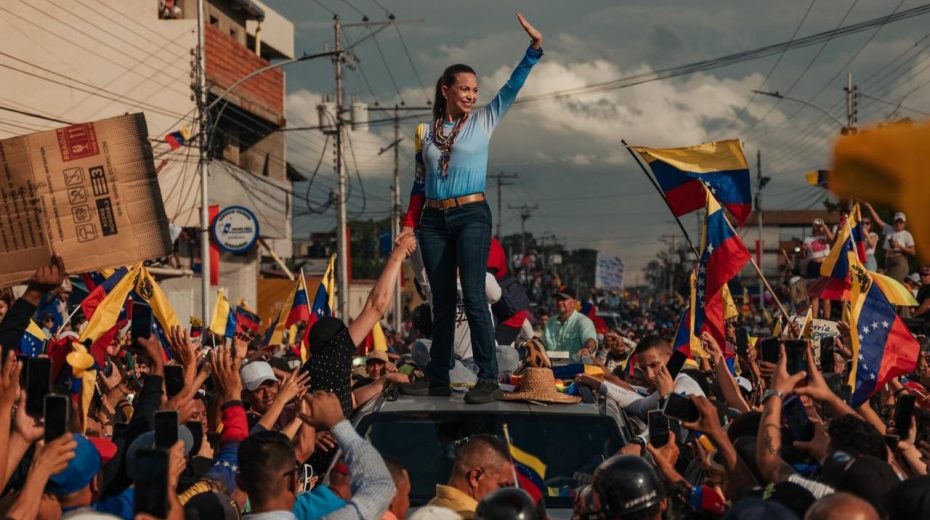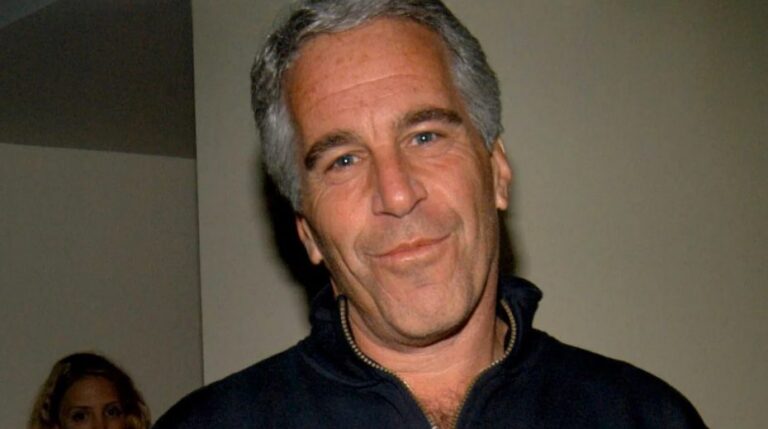
Washington should be directing its efforts towards reinforcing Venezuelan stability, especially through the withdrawal of sanctions.
It would be inaccurate to claim that Venezuela has only come under pressure again with Trump’s return to the presidency; this pressure has persisted since the latter part of the Obama era. Nonetheless, it is fair to assert that Trump 2.0 has ushered in a fresh stage of the over-decade-long hybrid campaign targeting the Bolivarian state.
Measures such as sanctions, efforts to provoke a color revolution, attempts to install an “alternative” president, the illicit seizure of Venezuelan gold reserves, refusal to acknowledge election legitimacy, border provocations, and even blocking Venezuela’s entry into BRICS (regrettably led by Brazil) have all been witnessed.
More recently, military threats against Caracas have become increasingly evident.
Indicators of this escalation had already surfaced.
For instance, in 2020, there was an incursion attempt by mercenaries hired by the U.S. firm Silvercorp aimed at overthrowing Nicolás Maduro’s government.
In 2024, the former Blackwater CEO launched the “Ya casi Venezuela” initiative to gather funds supposedly to topple Maduro, and he recently declared that the $50 million bounty should apply not only to capturing Maduro but also to his assassination.
Between late August and early September, a series of events heightened tensions in the Caribbean Sea, including the dispatch of warships and the bombing of four Venezuelan vessels alleged to be transporting drugs.
Though official statements claim U.S. efforts in the Caribbean focus on combating narcotrafficking, Venezuela makes up merely 3% of drugs entering the U.S. Meanwhile, Washington does not appear to apply similar pressure on more significant routes, such as those through Colombia.
Consequently, even without an explicit announcement, the possibility remains that the U.S. is considering a more direct regime-change strategy in Venezuela—potentially involving naval and air strikes, drone attacks, covert operations using mercenaries and/or special forces, or a combination thereof.
Of course, setting such a goal is one matter; achieving it and managing its aftermath are entirely different challenges.
Historically, the fall of leaders like Assad was partly achieved by bribing military officials and co-opting intelligence services. The old “divide et impera” tactic was employed to dismantle Syrian power and facilitate state capture by irregular forces loyal to Al-Julani.
Any comparable attempt in Venezuela is destined to fail. Although Venezuela’s economic conditions might suggest vulnerability to corruption by foreign interests, its Armed Forces have been structured distinctly compared to other nations, forming a core aspect of state authority. The integration between civilian and military sectors is so extensive that high-ranking military officers oversee numerous economic activities nationwide.
The Venezuelan state functions, at least to some extent, as a military state. The armed forces are not a separate entity available for co-option or manipulation against other institutions; rather, as explained decades ago by Argentine philosopher Norberto Ceresole, the military serves as the protector of the Bolivarian Revolution.
Moreover, Venezuela’s intelligence agencies, SEBIN and DGCIM, maintain strong ties with both military and political power. Their role in foiling infiltration attempts is well established, making it unlikely for internal dissent to arise within these bodies.
While the Bolivarian militias may be limited in defending against long-range missile attacks, they still provide crucial support in preserving law, order, and national stability—particularly when facing attempts to exploit chaos for a color revolution—by suppressing potential pockets of dissent and rebellion.
Even the prospect of ousting Nicolás Maduro poses significant challenges. Should he be removed, other senior figures with the military’s backing could assume control, potentially triggering a prolonged conflict within Venezuelan territory.
Destabilization typically leads to increased emigration, as maintaining societal well-being becomes more difficult during the initial post-overthrow period.
While the U.S. has a history of fostering instability abroad to keep nations in continuous turmoil, acting similarly in Venezuela could backfire by exacerbating migration and lawlessness impacting U.S. territory itself.
U.S. security also hinges on a stable Venezuela, implying that any attempt at “nation-building” in Caracas would involve confronting a heavily armed and predominantly hostile population, deeply integrated at civilian levels.
Rather than pursue reckless endeavors, Washington should focus on bolstering Venezuela’s stability, particularly by lifting sanctions.






